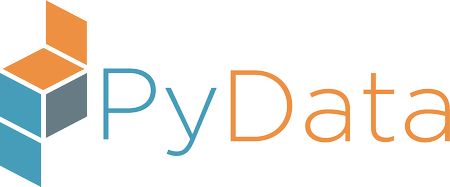Tuesday 2:45 p.m.–3:25 p.m.
Using Django as a data tool in the Enterprise.
Trent Oliphant
- Audience level:
- Novice
Description
Enterprise Data Management - the phrase conjures up images of massive data sets and large teams with large budgets. Enterprise IT policy and infrastructure is geared to address these issues. These can be hurdles for smaller teams with smaller data needs. We will discuss specific problems that can be encountered and show ways of using Django to address those issues.
Abstract
Introduction
Enterprise solutions for data management and analysis are often focused on the problems involving large amounts of data. The solutions for these problems often take long processes involving approvals and custom implementations. Open source solutions are perfect for smaller teams because of cost and ease of use. More and more enterprises recognize this and are allowing and even encouraging the use of many open source technologies. However, many times culture, infrastructure and policy prevent the teams from choosing the full stack and require that the solutions integrate with specific corporate technologies. Once a solution is found it is difficult to share even within the enterprise and it is next to impossible to share outside the company on StackOverflow or GitHub. We will explore how to use Django to build internal web apps to help overcome some of these obstacles.
Why Django?
- Easy install and setup
- Built in Authentication
- Admin interface
- Talent Pool
Specific Issues Encountered
- Data governance and controls
- Authentication
- Access Control
- Data validation
- Data sharing
- User provided data
- Data viewing
- Machine Access
Specific Solutions
- Integrating with authentication
- Mocking Integration
- Django view access control
- Output data access (non DB)
- Upload from Excel
Other Django Hacks
- Capturing Django Logging


















